What are the Benefits of Being a Nurse Practitioner?
- by
- May 07, 2024
- Articles

Becoming a nurse practitioner (NP) will require some hard work, but the rewards are truly worth it in so many ways! Let’s explore seven reasons why this career option could be a good fit for you.
7 Benefits of Being a Nurse Practitioner
1. The career opportunities for NPs are limitless!
When it comes to the benefits of being a nurse practitioner, this has to be first on the list! Becoming an NP opens up a world of opportunities in the healthcare field. NPs have the freedom to specialize and excel in their area of interest. You can choose from a range of NP certifications, including: family, adult-gerontology acute care, adult-gerontology primary care, pediatric acute care, pediatric primary care, psychiatric, emergency, neonatal, and women’s health.
NPs can also work in a wide range of clinical settings, including outpatient (e.g., private primary care and specialty clinics, health departments, urgent cares) and inpatient (e.g., state, local, and private hospitals, rehab facilities, and skilled nursing facilities). NPs also provide services such as hospice and can see patients in their homes to provide individual care. There are also rapidly expanding opportunities for telehealth and traveling roles!
There is also a wide range of exciting opportunities available in nonclinical roles for nurse practitioners. You can explore roles in academia, case management, administration, medical sales, clinical research, and policy. Additionally, you can contribute by writing content for nurse practitioner students, institutions, books, and journal articles. NPs can also serve as trusted consultants for legal firms or other medical businesses. The possibilities are truly endless!
2. The NP community supports lifelong learning.
Continuing education hours are generally required for NP recertification in the United States, and there are a number of ways to pursue them. NP conferences, both virtual and in-person, provide opportunities to network with other NPs. Professional organizations also offer continuing education opportunities for extensive specialties and interests. Additionally, NPs can further their education through doctoral degrees or additional specialty certificates.
3. The NP career is in demand.
This is clearly one of the greatest benefits of being a nurse practitioner—you are the future! NPs are a driving force behind increasing access to essential healthcare services across the nation. The demand for NPs will increase as states continue to expand their practice authority. Research demonstrates that NPs not only bridge the gap to necessary healthcare and improve patient outcomes, but also decrease overall healthcare costs. The Bureau of Labor Statistics projects there will be a 46% increase in NP employment from 2021–2031. That means 112,700 more NP jobs!
4. The schedule is flexible.
The schedule options for NPs are endless! An NP’s schedule is dictated by the coverage needs of the specific role. Some NPs prefer a consistent Monday-Friday schedule, while others prefer longer shifts 3-4 times a week. Some roles include taking call (or answering patient care questions over the phone) for the clinic or the hospital, while some do not. Part-time and per diem roles are commonly available as well.
5. The compensation is competitive.
One of the great benefits of being a nurse practitioner is you’ll be paid well for the time and effort you’ve put in. According to the U.S. Bureau of Labor Statistics, the 2021 mean annual salary for NPs was $118,040, compared to the mean annual salary of 82,750 for registered nurses. This is also very dependent on location and NP specialty.
6. The role is autonomous and collaborative.
NPs are advanced practice providers, and they have many responsibilities. According to AANP, these include assessment, ordering and interpreting tests, diagnosing, initiating pharmacological and non-pharmacological treatment options, and patient education.
NPs can carry out those tasks on their own, but they also regularly collaborate with multidisciplinary teams to optimize patient care. This collaboration includes working alongside supervising physicians (in states where this is a requirement), other nurses and advanced practice providers, specialists (e.g., neurology, cardiology, pain management), and other essential healthcare teams.
7. The NP community is supportive and innovative.
The NP community is truly amazing! It’s filled with passionate, positive individuals who are dedicated to evidence-based practices that improve the quality of health care. Within NP organizations, you’ll discover communities solely focused on your specialty or career interests. No matter what your interests are, you will find a supportive group of NPs to foster personal and professional growth.
Further Reading
Hopefully this post answered some of your questions about the NP profession! Check out these other posts about the benefits of being a nurse practitioner and the profession as a whole:
Search the Blog
Prepping for Primary Care NP Boards?
Join our Primary Care Live Study Group or check out the Self-Paced Courses & Qbank options!
Learn MoreExplore Specialty NP Qbanks & Mock Exams
Practice with board-style questions for your AGACNP, PMHNP, ENP, WHNP, or PNP exams.
Get StartedJoin our Facebook Group!
Get FREE support and encouragement from thousands of FNP/AGPCNP students and our NP support team.
Join the CommunitySign Up for Free Live Classes
Join us for FREE monthly live study sessions covering topics such as antibiotics, diabetes, musculoskeletal conditions, depression & anxiety, and more!
Grab a Spot


